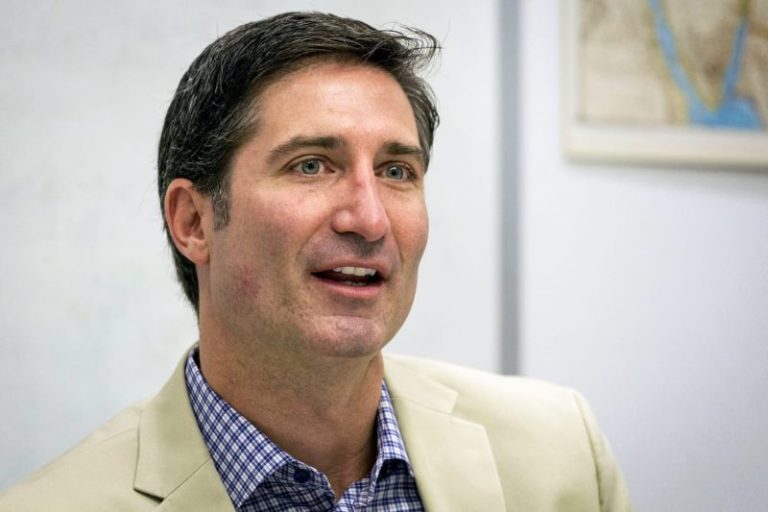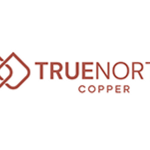The recent news of Starbucks offering incoming CEO Brian Niccol $85 million in cash and stock as he departs Chipotle has sparked discussions and debates within the business world. While executive compensation packages are common in the corporate industry, the generous nature of Niccol’s package has raised eyebrows and attracted both support and criticism.
The decision to offer such a substantial compensation package to Niccol reflects Starbucks’ confidence in his ability to drive the company forward and achieve its strategic objectives. With a successful track record at Chipotle, where he significantly turned around the company’s fortunes, Niccol brings valuable experience and insights to his new role at Starbucks. The company is banking on his leadership skills and vision to navigate the competitive landscape of the coffee industry and position Starbucks for long-term success.
However, the size of Niccol’s compensation package has not gone unnoticed by critics, who argue that such exorbitant amounts are excessive and out of touch with reality. In an era where income inequality is a pressing social issue, the disparity between executive pay and that of the average worker is a point of contention for many. Critics question the fairness and ethics of awarding such large sums to top executives, especially in light of economic challenges faced by workers at the lower end of the pay scale.
Proponents of high executive compensation packages argue that they are necessary to attract top talent and incentivize performance. In a competitive market where skilled leaders are in high demand, companies must offer attractive packages to secure the best candidates for key roles. Executive pay is often tied to performance metrics and company goals, aligning the interests of the executives with those of the shareholders. By rewarding executives for driving growth and delivering results, companies can create a system that encourages innovation and long-term value creation.
It is evident that the debate around executive pay will continue to be a point of discussion in the corporate world. Companies will need to strike a balance between offering competitive compensation packages to attract talent and addressing concerns around income inequality and fairness. Transparency and accountability in executive pay practices will be crucial in maintaining trust with stakeholders and ensuring that executive compensation is aligned with company performance and values.
As Brian Niccol assumes his new role as CEO of Starbucks with an impressive compensation package, the spotlight will be on him to deliver results and justify the faith that the company has placed in him. Only time will tell if the investment in Niccol pays off for Starbucks and its shareholders, and whether the debate around executive pay will evolve to reflect changing societal expectations and values.



